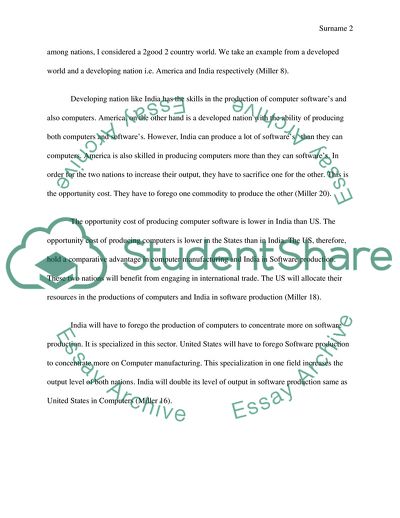Not Found (#404) - StudentShare. https://studentshare.org/macro-microeconomics/1774003-comparative-advantage-and-the-open-economy
Not Found (#404) - StudentShare. https://studentshare.org/macro-microeconomics/1774003-comparative-advantage-and-the-open-economy.


